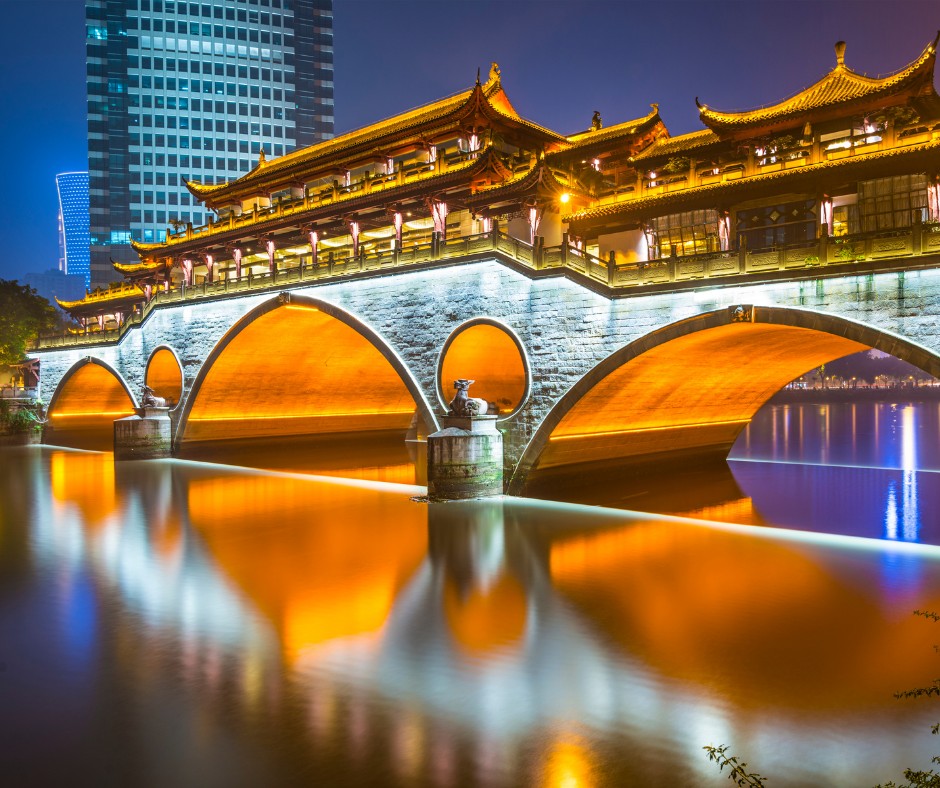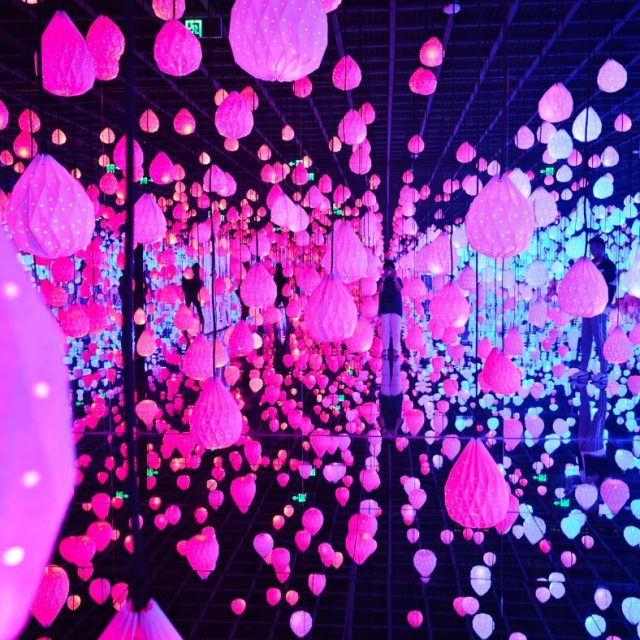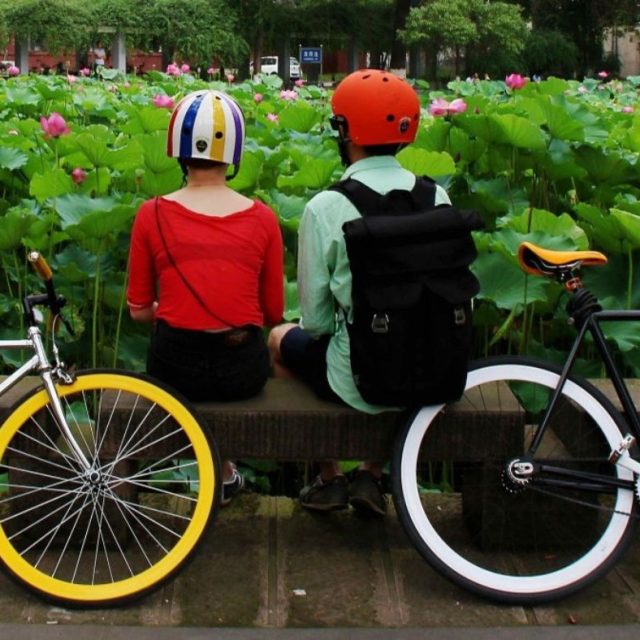Chengdu’s Bookstore Haven: The Reading Capital of China
Chengdu is China’s fourth largest city, with a population of 20 million, and is projected to become the 14th largest city in the world by 2030

Cultural Heritage
Chengdu, the capital of Sichuan, stands as a significant hub for finance, transport, and communications in Western China. Archaeological findings indicate that it has served as a prominent and prosperous centre of Chinese life since the Bronze Age. Situated on the fertile Chengdu Plain, often referred to as “The Land of Abundance,”.
Chengdu is renowned not only for its teahouses but also for its association with Taoism, which places a strong emphasis on tradition, the significance of nature, and relaxation. This cultural backdrop contributes significantly to Chengdu’s high liveability ratings. The city has held the title of the Happiest City in China for 12 consecutive years and has been recognised as one of the world’s 15 Happiest Places by the CNN Travel Channel.
Chengdu is famously known as the habitat of giant pandas, which inhabit the mountains to the west and north of the city. The pandas have become iconic symbols of the city. Chengdu’s giant panda nature reserves attract thousands of visitors annually and have earned an international reputation for their dedication to preserving this endangered species.

Embracing Change
Chengdu offers a vibrant cultural scene, boasting two UNESCO World Heritage sites, an impressive array of 150 museums, and a lively nightlife featuring over 2,000 bars and nightclubs. The city has also seen the emergence of a growing fashion industry and a thriving music sector. Chengdu has nurtured world-class musical talents such as pianist Li Yundi, an alumnus of the Sichuan Conservatory of Music, as well as Chengdu-born violinists Ning Feng and Hu Kun. Renowned singers like Li Yuchun, Jane Zhang, and Han Hong began their careers in Chengdu.
Chengdu is renowned as the bookstore capital of China, boasting more than 3,400 bookshops. These establishments play a crucial role in promoting culture and engaging citizens by providing spaces for various cultural activities.
Over the past decade, Chengdu has experienced rapid economic growth and an increase in visitor numbers. It has consistently earned recognition as a city with top investment potential due to its economic development. Additionally, it has become a rapidly growing tourist destination, with the inauguration of the new Chengdu Tianfu International Airport in 2021.
Chengdu embraces Tianfu Culture, a Chinese way of life that places emphasis on culture, aesthetics, and achieving balance in life. This cultural philosophy is being seamlessly integrated into the planning and design of urban gardens, building facilities, and public art throughout the city. The cultural and creative industries are viewed as a vital means to promote positive lifestyles and foster new urban development in Chengdu.

The Role of the Policymaker
Chengdu’s vision, outlined in the City’s ‘Plan for Building Western Cultural Creativity Centre (2017-2022)’, is to continue developing itself as an important creative and cultural hub in China. Under the Plan, the city aims to be home to 100 globally influential innovative designers and build 200 professional museums and 1,000 bookstores. In addition, it will set up a 10 billion RMB culture and creative investment fund to promote its cultural and creative sectors, specifically focusing on film, media, advertising and fashion industries.
The Future
Chengdu is actively advancing its longstanding reputation as a green city. The city’s strategy for becoming a “Park City” involves creating a city within a park, with significant new infrastructure projects like the Tianfu Greenway. This expansive network of green trails is intended for cycling and walking, aiming to enhance the urban natural environment.
Simultaneously, there is a concerted effort to emphasise the cultural potential of urban architecture. For instance, Chengdu Future City is an innovative, car-free development spanning 4.6 square kilometres. This scheme will consist of six clusters, each designed to emulate traditional village settlements found in the city. Each zone will be meticulously planned to harmonise with its surrounding landscape and incorporate spaces dedicated to education and innovation.
Like many ancient cities, Chengdu faces the significant challenge of preserving its history and preventing the loss or misappropriation of cultural heritage due to modernisation and commercialisation. The city is actively exploring ways to enhance public awareness regarding the decline of traditional practices and the importance of Chengdu’s cultural heritage.
Images copyright © Getty Images/Canva




